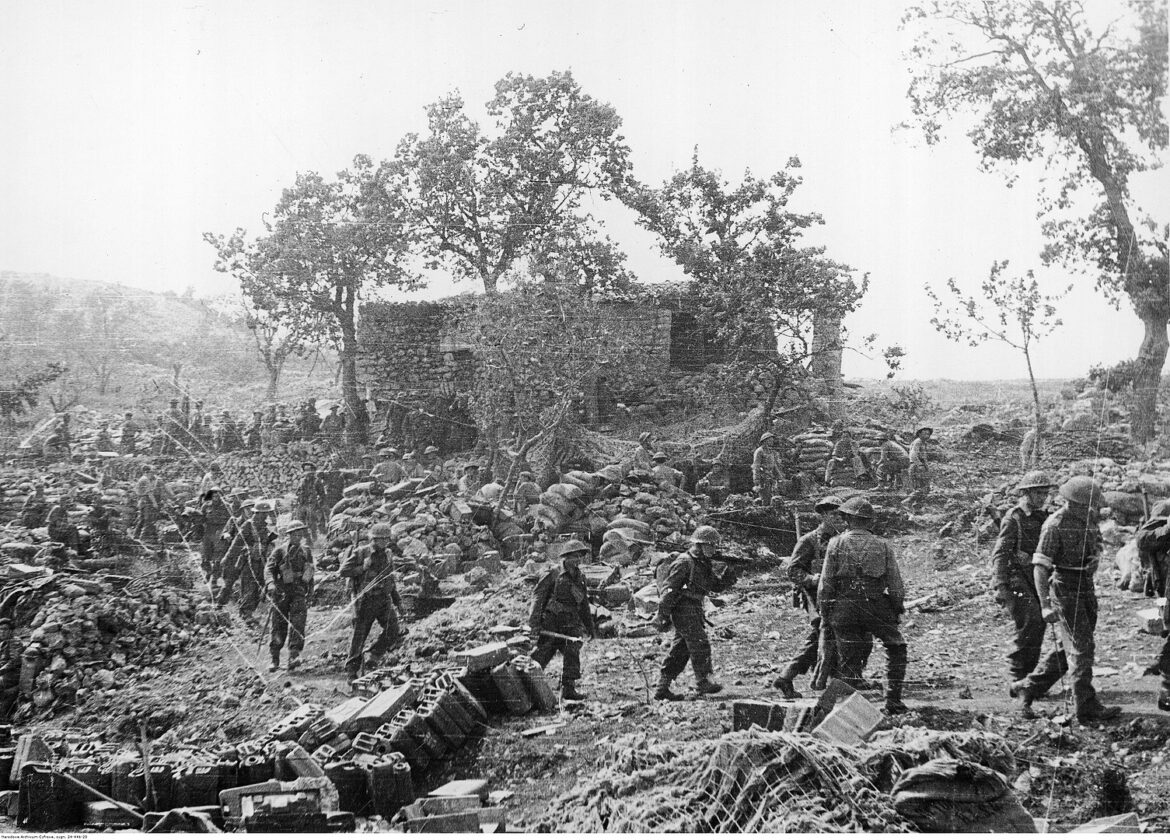Twice a day, the German occupier broadcast propaganda messages in Polish through street megaphones. The first devices of this type appeared in Warsaw in the hot summer of 1940. Varsovians quickly hated them. Earlier, in October 1939, all their radio receivers were taken away. Possession of them, or even just listening to the broadcast, was punishable by death.
Megaphones were placed in the central points of the city, on traction poles and on lanterns. They were called not only “barkers”, but also “buckets”, “pots”, and even “spittoons”. They were used to announce the most important war announcements from the German point of view, German fakes and Nazi ordinances. In the autumn of 1943, during the period of increased terror, the names of people shot in street executions were read out for fear. Poles also learned about Katyn massacre from “barkers”. In the case of this murder, also for propaganda purposes, the Germans decided to present the names and ranks of the victims of the Katyn crime.
Another manifestation of the war on the air was the “Wanda” radio station. It was subordinate to Gunter d’Alquen, the commander of a special division of war correspondents – SS men who were responsible to Heinrich Himmler. The Germans saw the danger of Poles participating in the Allied military effort and wanted to weaken the morale of the Anders Army soldiers on the Italian front. They did not make a mistake in their predictions, because the Polish soldiers of the 2nd Polish Corps showed remarkable heroism at the key moment of the Italian offensive, that is in the Battle of Monte Cassino.
Journalists from the General Government were brought to work on the radio located in Rome, and then in Milan. They were employed in the local gutter- papers (gadzinówki), i.e. in the Polish-language press under the full control of the occupant. Although broadcasts of Holy Masses from St. Mary’s Church in Krakow were very liked but generally the broadcasts did not become very popular and the propaganda goals were not achieved.
The radio station broadcast from March 5, 1944, to April 23, 1945. The proper German name for this information war is Action Star of the South (German: Südstern Aktion), but among Poles, the term “Wanda” radio was used, given from the pseudonym of the most popular host, Maria Kałamacka who was liquidated as a collaborator shortly after the war.





